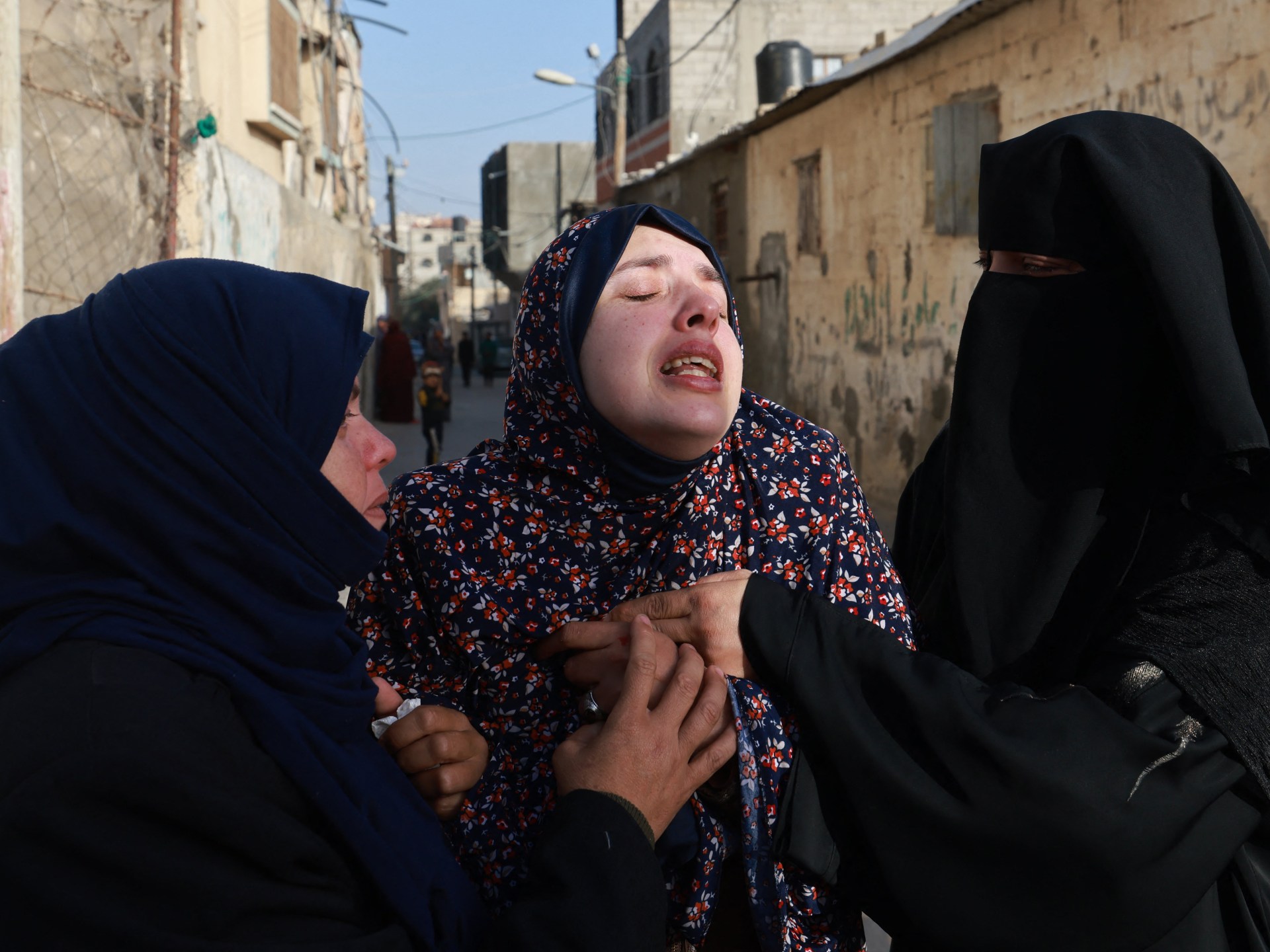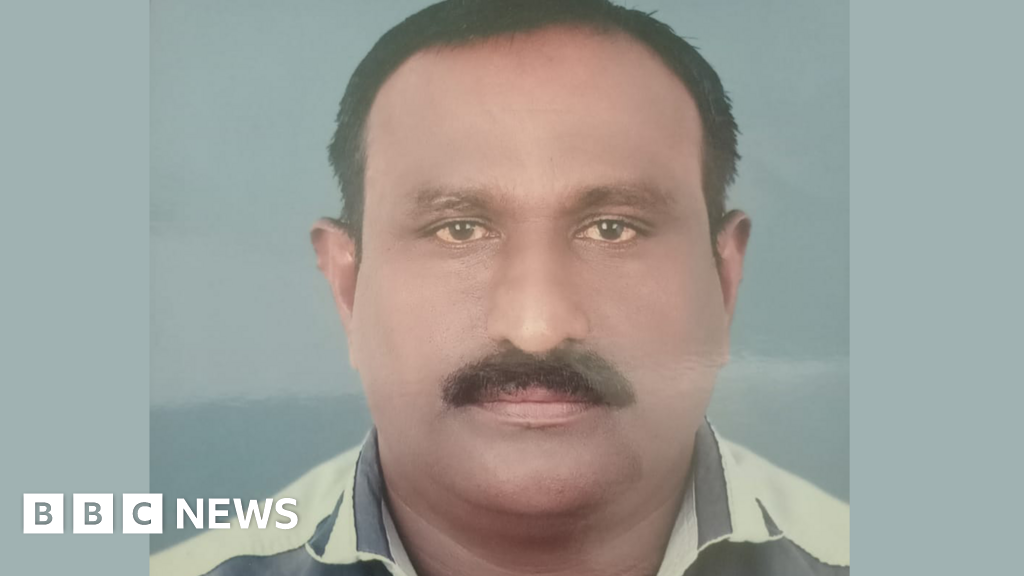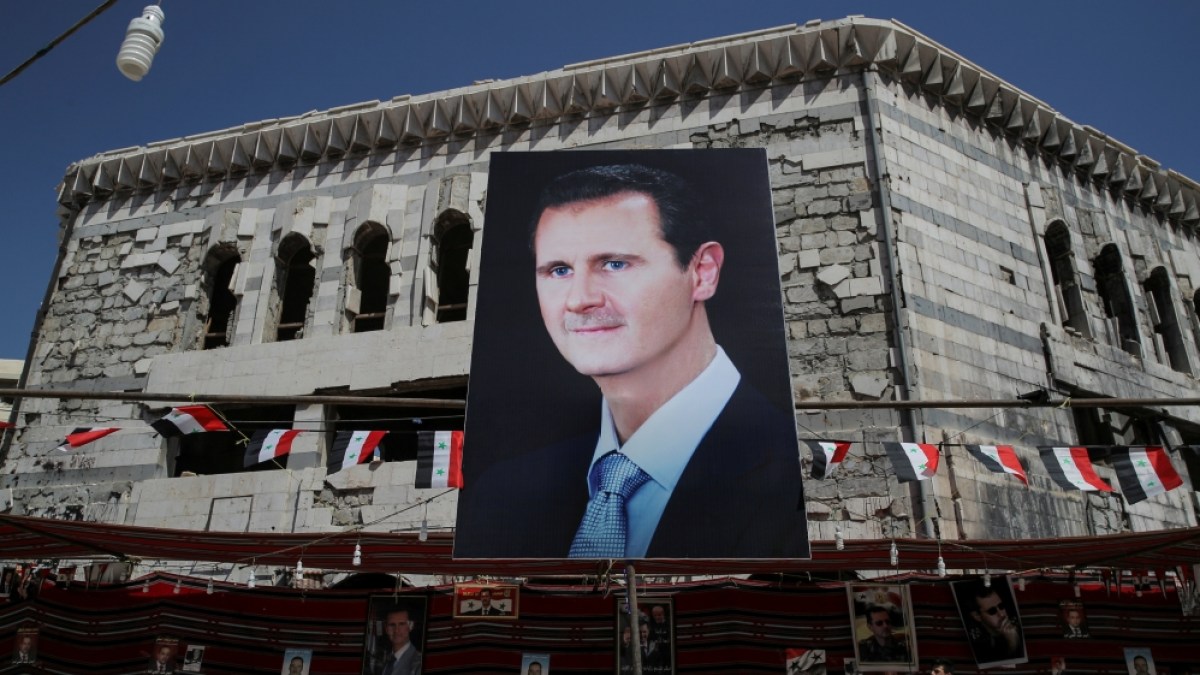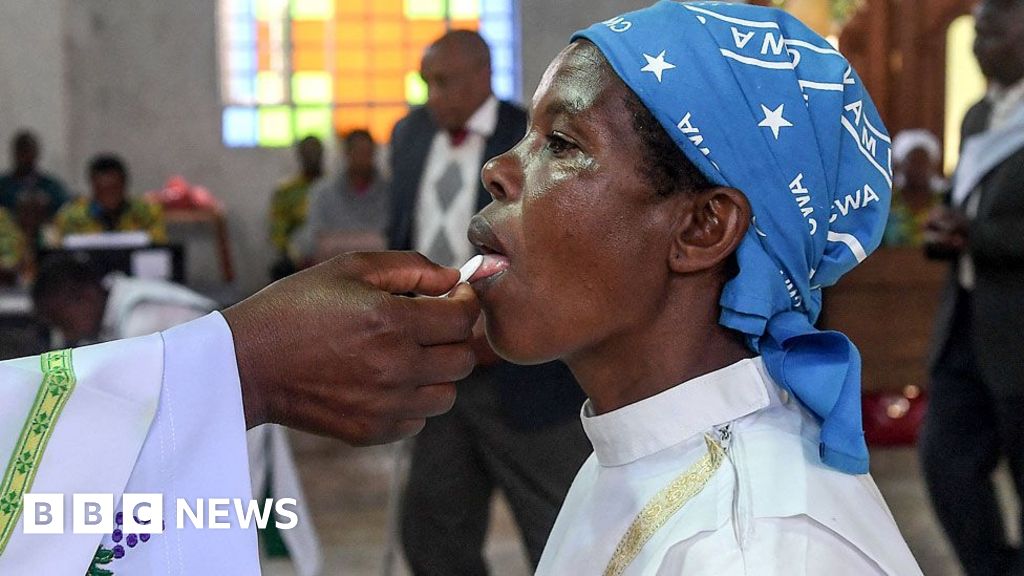South Africa’s ANC will seek national unity government, Ramaphosa says | Politics News
South African President Cyril Ramaphosa has announced that his African National Congress (ANC) party will seek a national unity government, which he said would reflect the will of voters and help move the country forward.
Ramaphosa made the announcement late on Thursday after an hours-long meeting of the party’s National Executive Committee (NEC) in Johannesburg, where ANC leaders held talks to try to agree on a post-election strategy.
The ANC had lost its parliamentary majority for the first time in the democratic era, but it remains the largest party in the country.
“We agreed to invite political parties to form a government of national unity as the best option to move our country forward,” Ramaphosa told reporters.
“The purpose of the government of national unity must be first and foremost to tackle the pressing issues that South Africans want to be addressed.”
He called for the “broadest unity” amongst South Africans to tackle the country’s issues, including crime, poverty, high cost of living and corruption.
“This moment also calls for multiparty cooperation and multi-stakeholder collaboration if we are to overcome the severe challenges that confront our country,” Ramaphosa said.
He added that the ANC heard the people of South Africa and recognised their “frustration” voiced during the May 29 vote.
The former liberation movement has run South Africa since it swept to power with Nelson Mandela at the helm in the 1994 election that marked the end of apartheid. But it was punished for its chequered record in last week’s election.
While still the largest party, the ANC can no longer govern alone.
“This is a time for sober minds,” ANC Secretary-General Fikile Mbalula said earlier on Thursday. “We’re looking at all options.”
South Africa has been struggling with sluggish economic growth, high levels of poverty and unemployment, a persistent racial wealth divide, severe power shortages and political corruption.
The election outcome has created a complex situation for the ANC, which will have 159 of the 400 seats in the new National Assembly – down from 230 in 2019.
Observers say a coalition might be hard to pull off given radical differences between some groups that should be part of it.
“I cannot … see how it can really work,” analyst and author Susan Booysen told AFP news agency. “There is just so much bad blood and ill feeling between different political parties.”
Search for partners
The ANC’s nearest rivals are the pro-business, white-led Democratic Alliance (DA), with 87 seats, the populist uMkhonto we Sizwe (MK), led by former President Jacob Zuma, with 58, and the hard-left Economic Freedom Fighters (EFF) with 39.
MK confirmed in a statement on Thursday that “engagements with the [ANC] have indeed taken place regarding the coalition discussions”.
“A meeting is expected to take place soon, where the MK Party will hear the views presented with an open mind,” it said.
The new parliament has to convene within two weeks of Sunday’s results declaration and one of its first acts must be to elect the president.
The constitutional deadline, which will fall on or near June 16, is putting pressure on the ANC and others to reach an agreement quickly.
Alternatives to a unity government could include a coalition government or a minority ANC government with backing on key votes from other parties in exchange for policy concessions.
“We have engaged with everybody, and we are talking to even smaller parties. We want to bring everyone on board,” Mbalula said.
The DA, for its part, signalled on Wednesday it did not want to join a government that also included MK or the EFF.
Any deal with the DA would be welcomed by financial markets but unpopular with many ANC supporters, who regard the party as a champion of what some South Africans call “white monopoly capital”.
Both the EFF and MK are led by former ANC figures who broke away and are at odds with the current leadership. Zuma, in particular, openly loathes Ramaphosa, and his party said after the election that it would not work with “the ANC of Ramaphosa”.
The ANC said on Wednesday it would not talk to anyone who demanded Ramaphosa’s resignation as a condition of joining an alliance.
Zuma was forced to quit as president in 2018 after a series of corruption scandals. He was jailed for contempt of court after refusing to participate in an inquiry into corruption, which barred him from running for parliament.
He remains well-liked in his home province, populous KwaZulu-Natal, where extra police have been deployed this week to maintain public order.
The province was the scene of deadly riots in 2021 when Zuma was sentenced.
Check out our Latest News and Follow us at Facebook
Original Source







